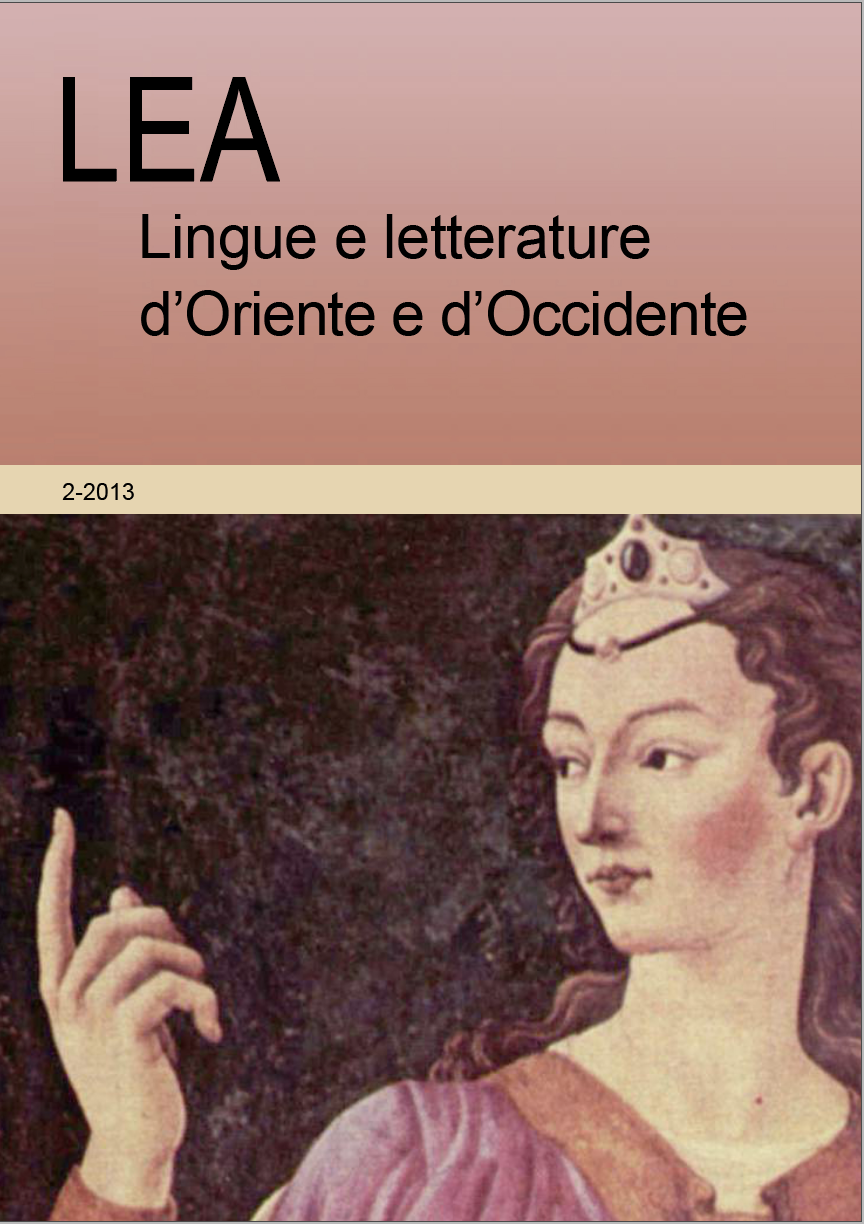Liberty Icons: Linguistic and Multimodal Notes on the Cultural Roots of Digital Technologies
Published 2014-05-29
Keywords
- Digital Technologies,
- Functional Linguistics,
- Gnosticism,
- Multimodality
Abstract
Since the famous 1984 Apple Television Ad, personal computers and the Internet have become icons of popular culture that embody libertarian values. Indeed, they have been described as the necessary tools for the empowerment of the individual and the realization of a peer-to-peer decentralized democracy. This libertarian representation has become a frame, perceived as universal and celebrated all over the world, on a daily basis, through the creation of user-generated contents. I believe that both personal computers and the Internet are American cultural products not only because of the very peculiar historical blending out of which they originate – a mixture of Cold War industrial research culture, US counterculture and DIY ethos (Turner 2006) – but, mainly, because of the founding concept that they are associated with, i.e. freedom. Adopting a functional linguistic/multimodal perspective, my article will explore the conceptual/semantic mapping of digital discourse through the analysis of a corpus of texts that goes from 1984 Apple Ad to Hillary Clinton’s Internet Freedom Speech in order to show how the current mainframe global discourse on digital technologies is permeated with a concept of freedom that combines the US founding rhetoric of liberty together with cybernetics, gnosticism and psychedelic narrations.



